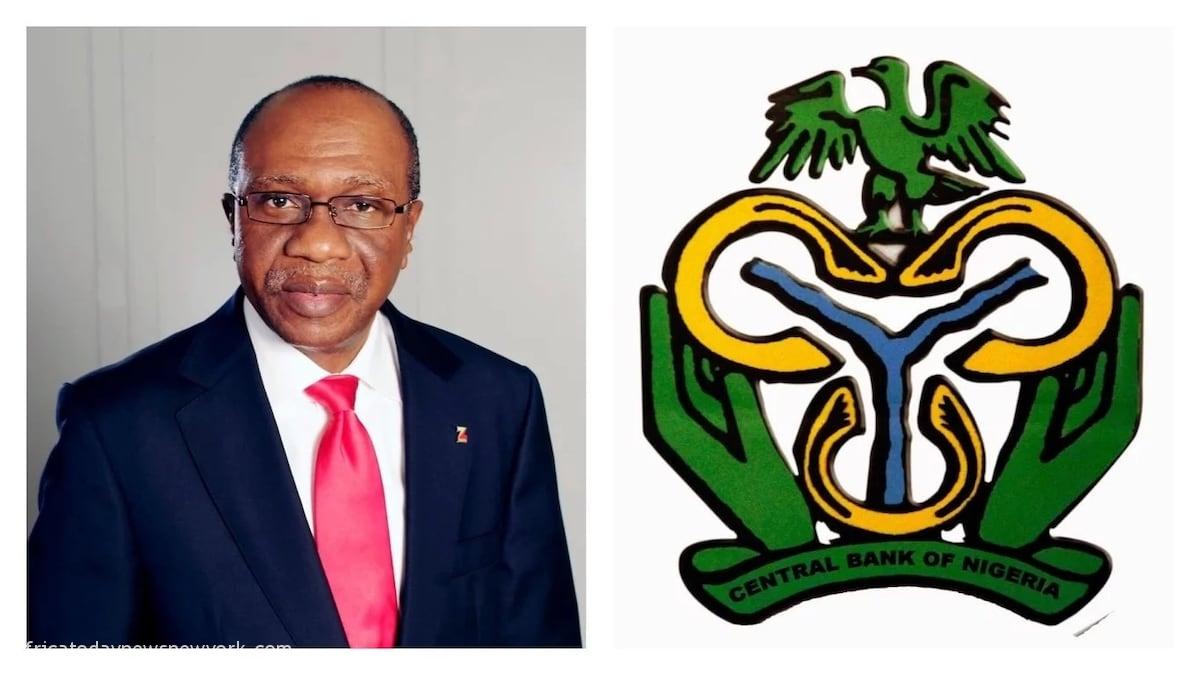The Central Bank of Nigeria (CBN) has reviewed cash withdrawal limits to ₦500, 000 and ₦5 million for individuals and corporate accounts respectively.
The apex bank also reviewed downward, the stipulated percentage cost for withdrawals above the stipulated limits.
Haruna Mustapha, CBN’s Director, Banking Supervision made this known in a statement on Wednesday.
He said in compelling circumstances where cash withdrawals above the limits are required, they shall be subject to a processing fee of three per cent and five per cent for individuals and corporate organisations respectively.
Read Also: Arewa Forum Tackles CBN Over Cash Withdrawal Limits
Recall that on Dec. 6, CBN said that beginning from Jan 9, 2023, the amounts individuals and corporate organisations could withdraw per week would not exceed N100,000 and N500,000, respectively.
The decision had, however, received criticisms from a wide range of stakeholders, including members of the National Assembly, who urged the CBN Governor, Godwin Emefiele, to increase the withdrawal limits.
The House of Representatives had also invited Emefiele to make further clarifications on the policy to its members.
But CBN said Emefiele could not attend the brief because of health challenges.
The apex bank in a letter to the House on Wednesday, said Aisha Ahmad, a deputy governor, will represent the CBN governor to brief the House.
“Regrettably, the governor is out of the country on an official engagement, as well as attending to some health challenges. He is, therefore, unavailable to attend the briefing given the urgency associated with the briefing, a committee of governors led by Aisha Ahmad, deputy governor of financial system stability, is prepared to brief the House,” the letter reads.
A member of the House, Segun Odebunmi, while speaking on the letter, opposed the appearance of a representative. He stated that Ahmad should address a committee instead.
Mustapha further stated that in spite of the new review, customers should still be encouraged to use alternative channels like Internet banking, mobile banking apps, USSD, POS and eNaira to conduct banking transactions.
He added that bank and mobile agents were important participants in the financial system, enabling access to financial services in underserved and rural communities.

